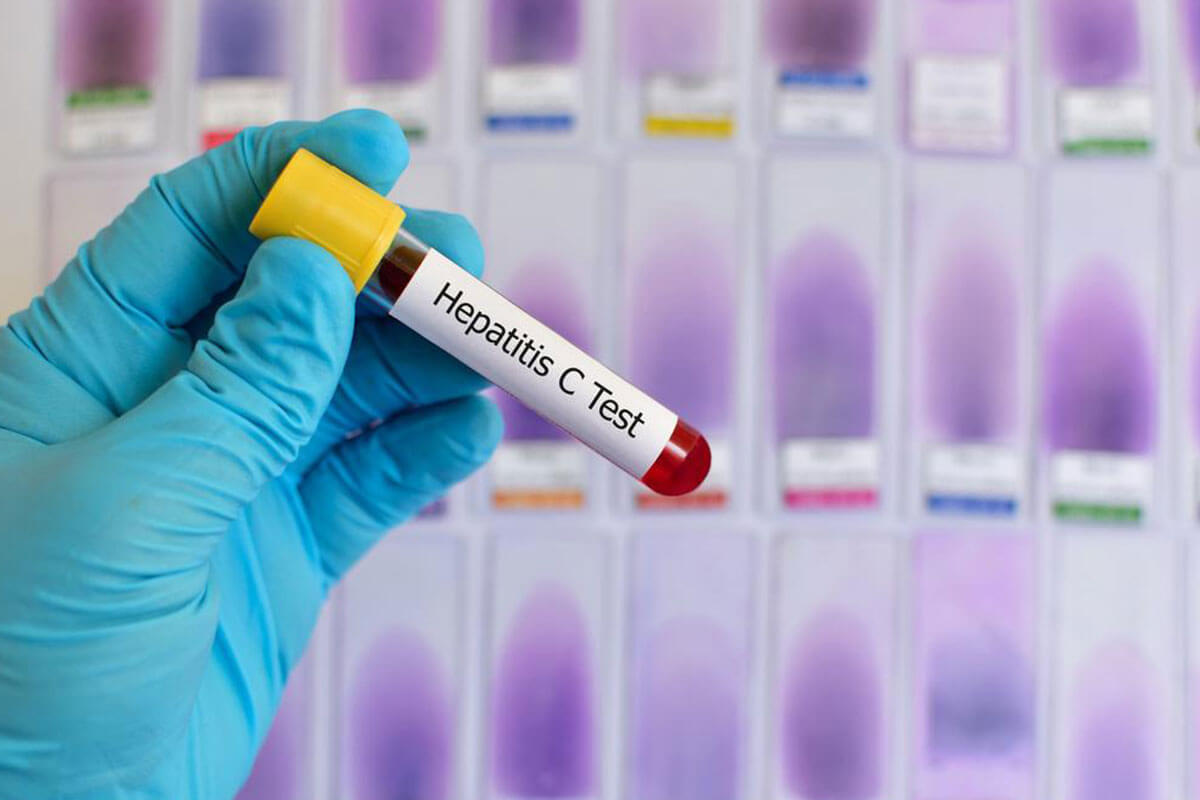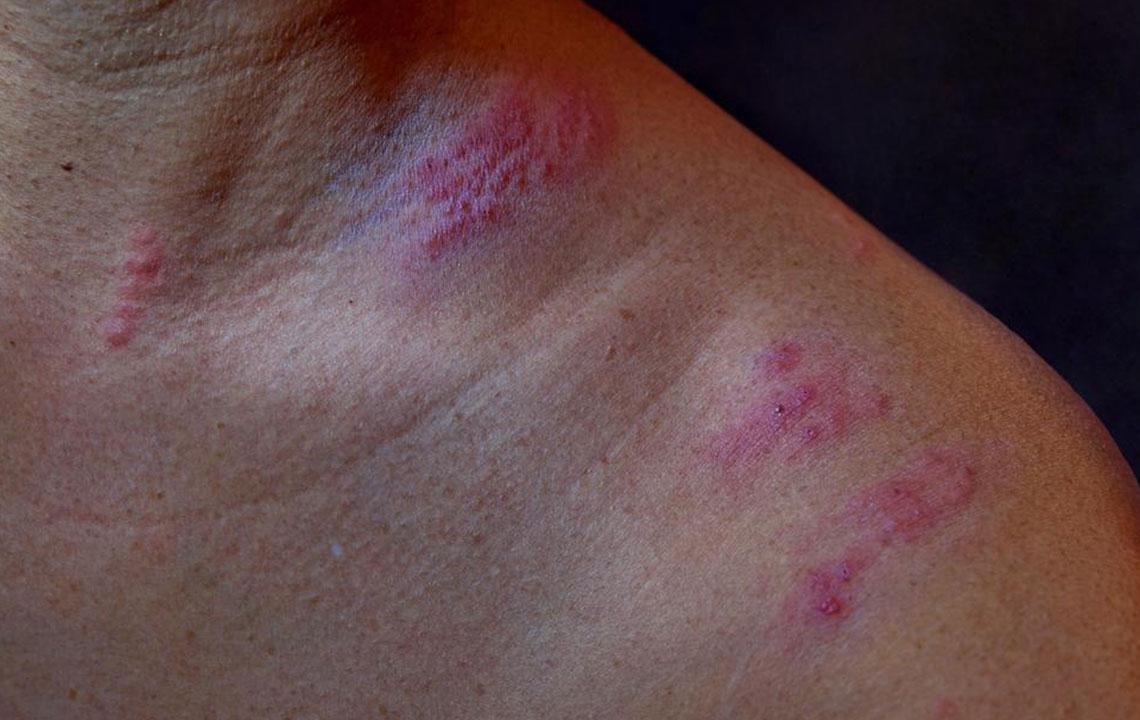Effective Strategies for Managing Acute and Chronic Hepatitis C
Discover effective treatments for acute and chronic hepatitis C, including early intervention strategies, lifestyle tips, and modern antiviral therapies. Learn how to prevent progression and protect your liver health with expert-recommended approaches and ongoing monitoring to achieve the best outcomes.

Effective Strategies for Managing Acute and Chronic Hepatitis C
Approaches for Treating Acute and Chronic Hepatitis C
Hepatitis C in its initial stage is often not life-threatening. However, if it becomes chronic, the risk of severe liver damage increases significantly. Persistent hepatitis C can cause scarring, known medically as cirrhosis, which poses serious health risks.
Many individuals recover from acute hepatitis C without progressing to the chronic form. Research indicates that approximately 95% of infected persons eliminate the virus within six months naturally.
Nevertheless, not everyone is so fortunate. Certain cases of acute hepatitis C advance to chronic infection, raising concerns. Early intervention with the appropriate hepatitis C treatments can prevent this transition. To understand how the virus infects, consider the primary risk factors: most transmissions occur through blood contact, such as sharing needles or accidental needle sticks in medical settings.
Other factors include hereditary predispositions, which account for roughly 6%, and exposure through sexual activity, especially if multiple partners, unsafe sex, or physical trauma causing bleeding are involved.
Regarding treatment, it is crucial to act within the first six months of infection. However, since the virus isn't always detectable during this period, doctors may resort to symptomatic therapies addressing nausea, fatigue, malaise, or flu-like symptoms. About 95% of adults naturally clear the infection within this timeframe, but ongoing monitoring of HCV RNA levels every six weeks is essential. If treatment isn't initiated promptly, spontaneous clearance might still occur within 12 months.
In cases where the infection clears naturally, no treatment is necessary. Usually, adults recover without intervention. Conversely, in young children under four, about 90% develop chronic hepatitis C, evidenced by a positive HCV RNA test and elevated ALT levels. Preventive measures like vaccination are crucial for children at risk.
Chronic hepatitis C is diagnosed when the virus persists in the liver, causing damage. Immediate treatment can halt viral replication and prevent further harm. Current research offers various therapeutic options, with the leading combination being sofosbuvir 400 mg/velpatasvir 100 mg, marketed as EPCLUSA. This medication effectively targets all six HCV genotypes and doesn't require ribavirin for genotypes 2 and 3. The once-daily pill simplifies management, and in advanced cirrhosis, it is often combined with ribavirin. Supportive immune boosting through nutrients like vitamin C can also fortify defenses against the virus.
Note: Our blog provides a broad spectrum of health-related information. While our articles are based on diligent research, they should not replace professional medical advice. Readers are advised to consult healthcare providers for diagnosis and treatment options. The site is not responsible for data discrepancies or unlisted offers or treatments.










